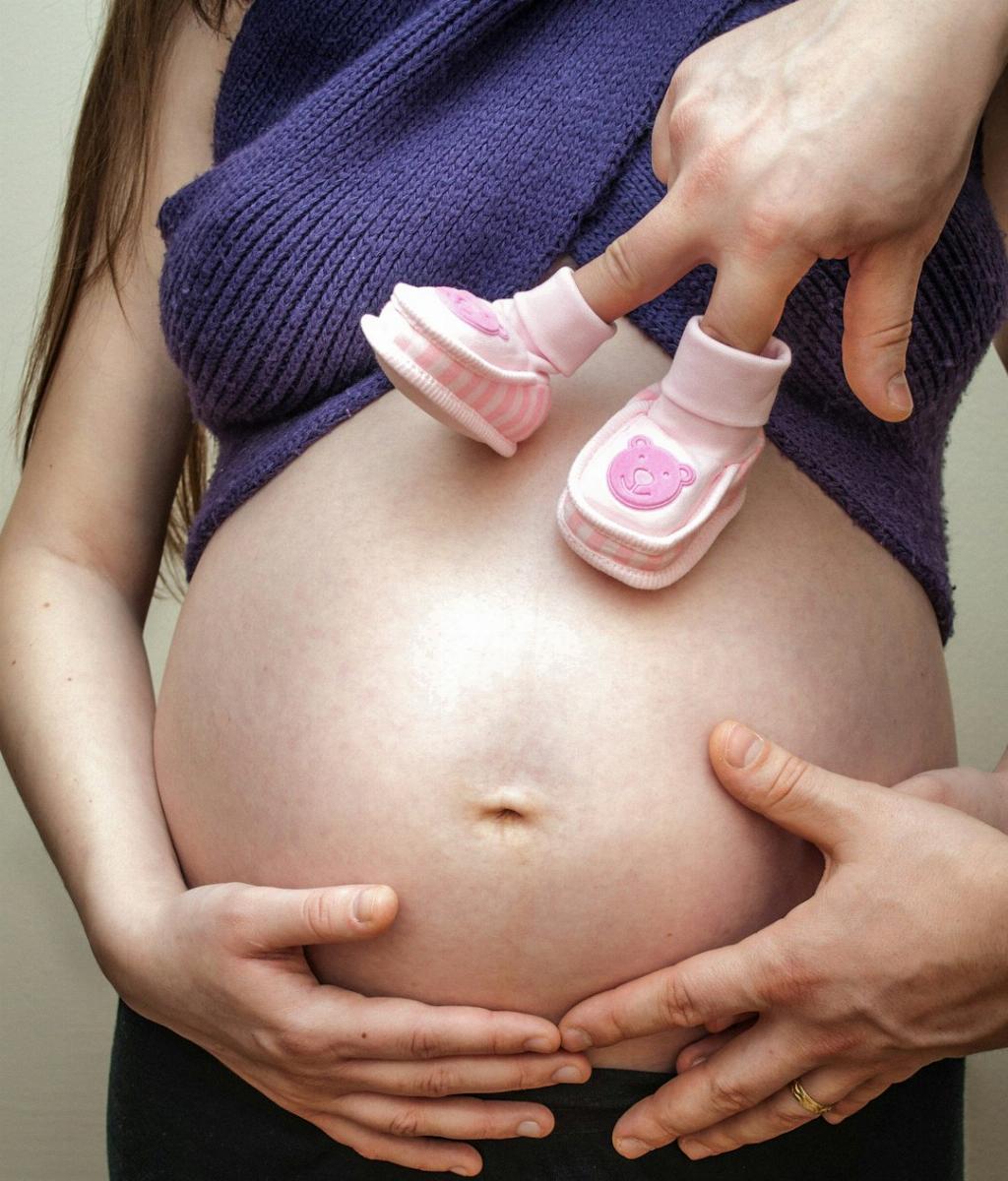During pregnancy, experiencing loose motions can be a distressing and uncomfortable issue for many expecting mothers. It’s crucial to understand the reasons behind this common occurrence, as well as how to manage it effectively.
Hormonal Changes Impacting Digestion
One of the primary reasons for loose motions during pregnancy is the significant hormonal changes that take place in the body. These hormonal fluctuations can affect the digestive system, leading to changes in bowel movements and potentially causing diarrhea.
Infections and Food-Borne Illnesses
Pregnant women are more susceptible to infections and food-borne illnesses due to a weakened immune system during pregnancy. This increased susceptibility can result in diarrhea, as the body tries to expel harmful pathogens through loose motions.
Stress and Anxiety
Stress and anxiety are common factors that can contribute to digestive issues, including loose motions. Pregnancy itself can be a stressful time, and this emotional strain can impact the functioning of the digestive system, leading to diarrhea.
Dietary Changes and Intolerances
Changes in dietary habits, such as consuming new foods or experiencing food intolerances during pregnancy, can also trigger loose motions. It’s essential to pay attention to your diet and identify any foods that may be causing digestive disturbances.
Dehydration and Electrolyte Imbalance
Diarrhea can lead to dehydration and electrolyte imbalances, which can be particularly concerning during pregnancy. It’s important to stay well-hydrated and replenish electrolytes to prevent any complications associated with fluid loss.
Medications and Supplements
Certain medications and supplements prescribed during pregnancy can have side effects that include digestive issues like diarrhea. It’s crucial to consult with your healthcare provider if you suspect that a medication may be contributing to your loose motions.
Physical Changes in the Digestive System
As the pregnancy progresses, physical changes in the digestive system, such as increased pressure on the intestines from the growing uterus, can disrupt normal bowel function and contribute to loose motions.
Managing Loose Motions Safely
If you’re experiencing loose motions during pregnancy, focus on staying well-hydrated by drinking plenty of water and electrolyte-rich fluids. Resting and avoiding spicy or greasy foods can also help alleviate symptoms.
Consulting Your Healthcare Provider
If diarrhea persists for more than a few days, or if you experience additional concerning symptoms such as fever or abdominal pain, it’s crucial to contact your healthcare provider for guidance and possible intervention.
Importance of Nutritious Diet
Eating a balanced and nutritious diet during pregnancy can help support digestive health and reduce the likelihood of experiencing loose motions. Incorporating fiber-rich foods and probiotics can aid in maintaining a healthy gut microbiome.
Embracing Stress-Relief Techniques
Practicing stress-relief techniques such as yoga, meditation, or deep breathing exercises can help reduce anxiety levels and promote overall well-being, which may positively impact digestive function and reduce the occurrence of loose motions.
Conclusion
Overall, loose motions during pregnancy can be attributed to various factors ranging from hormonal changes and infections to dietary habits and stress. By understanding the underlying causes and implementing strategies to manage symptoms effectively, pregnant women can navigate this common issue with confidence and ensure a healthy pregnancy journey.

